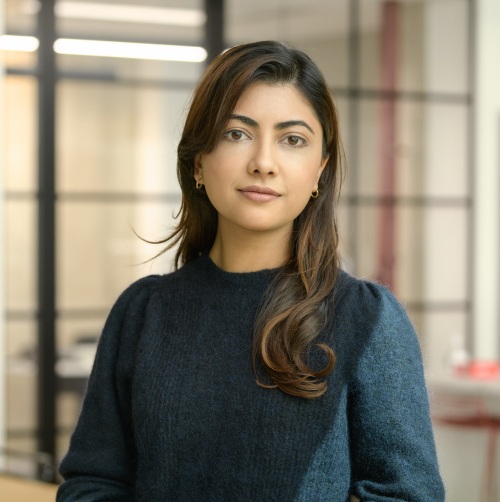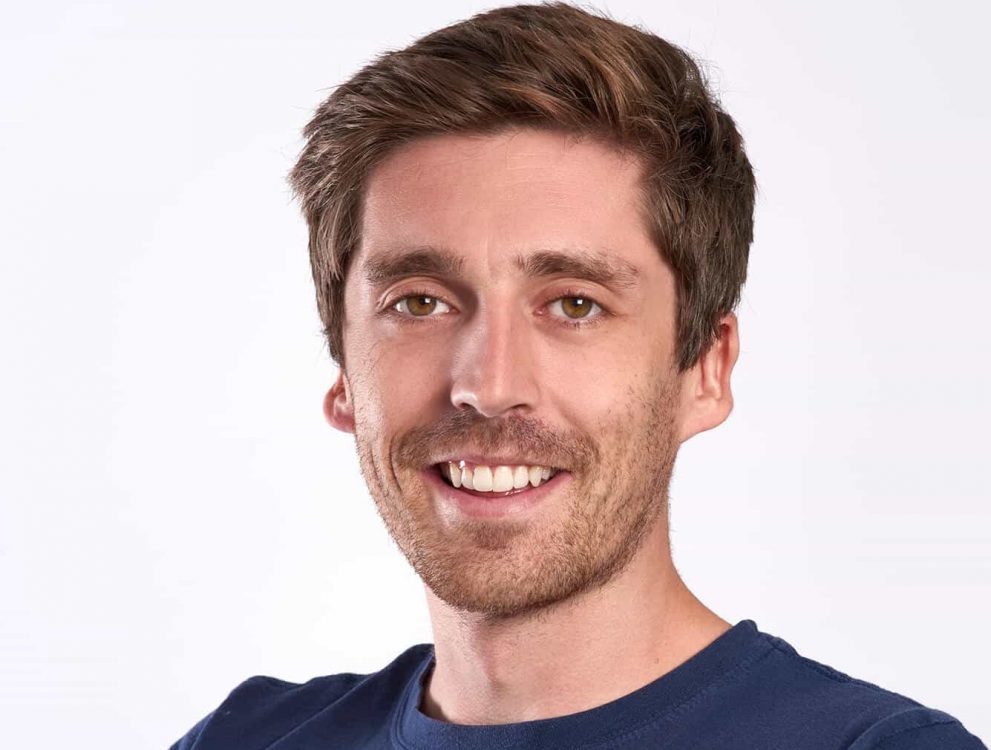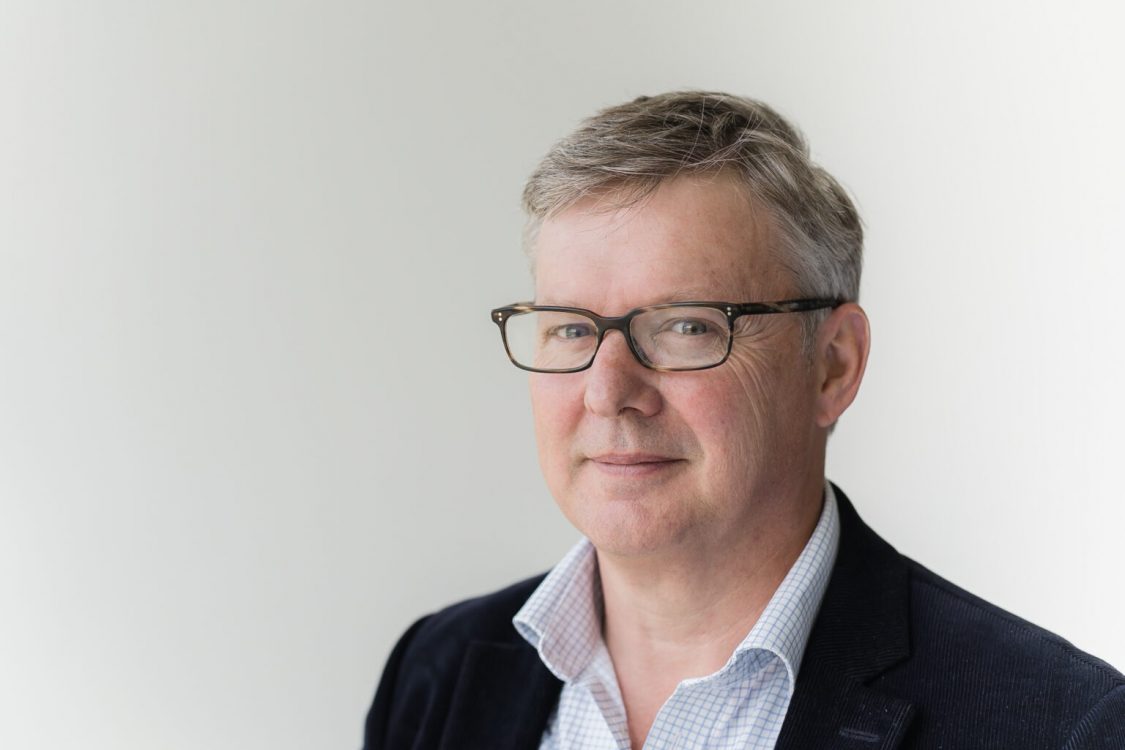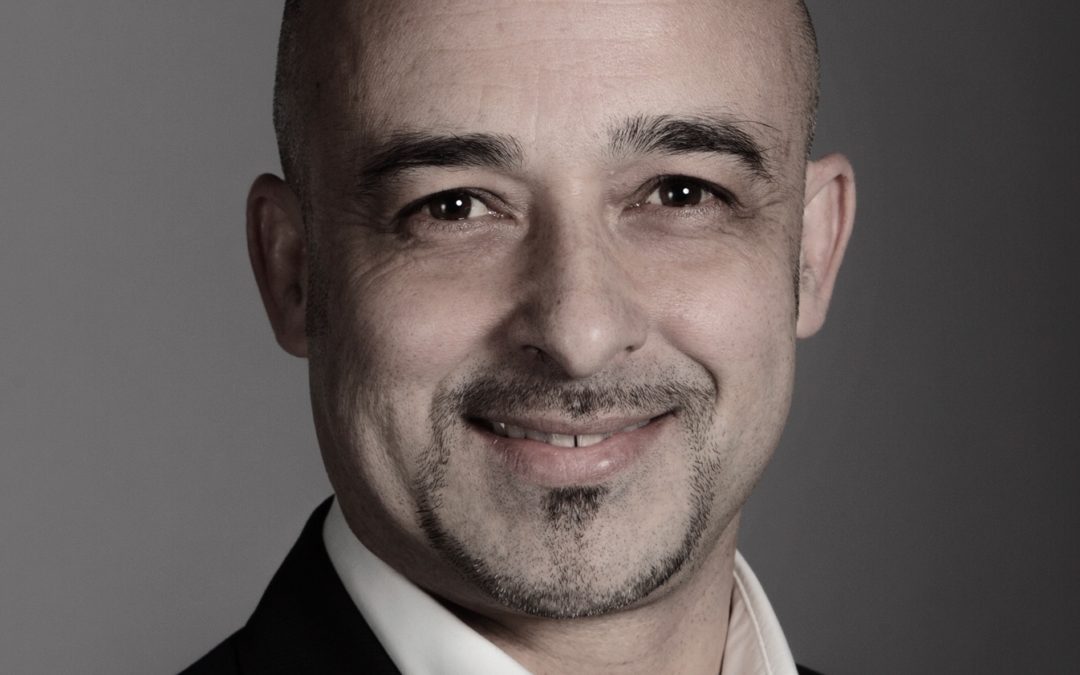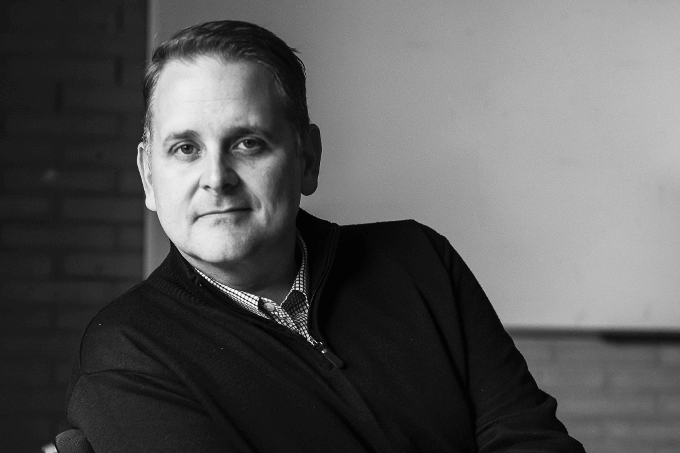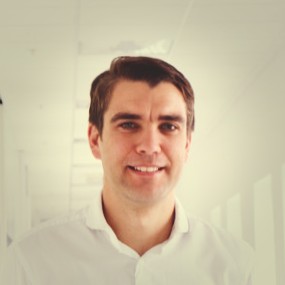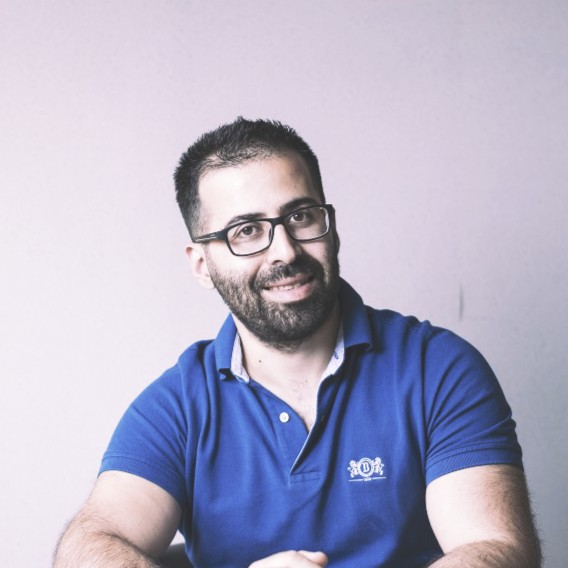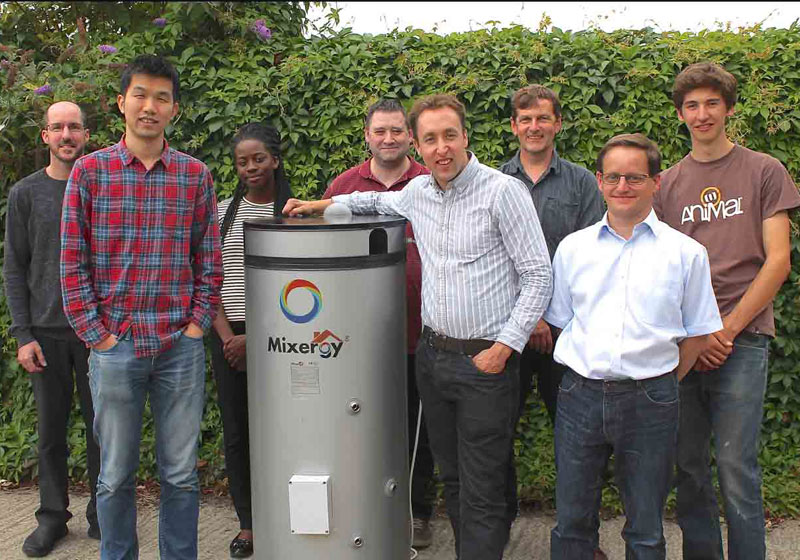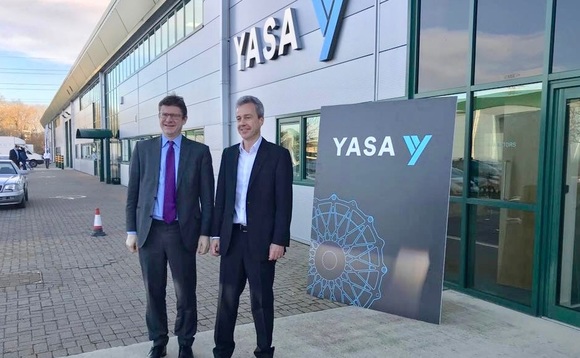Dark Horse Technologies (t/a Omega Crop) secures £1.2 million Seed investment led by Oxford Sciences Innovation

Omega Crop raises £1.2m to advance agricultural yield prediction and crop loss diagnosis technology
- Omega Crop’s remote-sensing and individual plant level modelling enables agronomists to better predict crop yields, diagnose potential losses and support farms to reach full productivity
- The cutting-edge technology is a key enabler for the world to increase food production by 70% by 2050 and will help solve global food security challenges
- The investment was led by Oxford Sciences Innovation, with further support from public bodies, including InnovateUK
Oxford, UK, 20 May 2021: Omega Crop (née Dark Horse Technologies), an agricultural modelling and remote sensing company, founded by two MBA’s from the University of Oxford’s Saïd Business School, has raised £1.2M to commercialise, scale and advance its cutting-edge yield prediction and crop loss detection technology.
Omega Crop are dedicated to supporting farms to reach their full potential and productivity.
The company uses a mosaic of data sources (for example: satellites, drones, mobile phones, hyper-local weather) to monitor and evaluate the performance of an entire farming operation. Using proprietary methods for capture of high-resolution data Omega Crop can diagnose crop-loss events on a plant-by-plant basis. The result: farmers and agronomists can perform highly targeted interventions at the earliest possible stage to intervene in crop-loss events and increase yields and productivity.
The company’s game-changing, agricultural modelling capabilities decrease crop production costs, increase crop yield through the early detection and mitigation of crop-loss events and protects the environment by minimising the harmful effects of industrialised farming. Omega Crop will use the funding to commercialise, scale and further advance its existing technology and explore adjacent products and services aligned to it mission.
Jared Bainbridge, co-founder and CEO, Omega Crop, said:
“The world must create 70% more food by 2050 in a sustainable way. We need to double production, improve efficiencies on existing farmland, and avoid destroying more rainforests. At Omega Crop we can monitor and evaluate vast tracts of farmland, diagnosing crop loss events at scale and enable targeted interventions that will help feed our growing world.”
Matt Arnold, Principal, Oxford Sciences Innovation, said:
“Omega Crop have the vision and skill to make the very best farming technologies and tools available and accessible to all. Smarter and more intelligent farming is the only way to increase food production sustainably. We are excited to be part of Omega Crop’s journey and delighted to welcome them to the OSI portfolio.”
In 2020, the company started generating revenue, conducted world-first research and secured its first InnovateUK funding grant. It now expects to grow and scale rapidly throughout 2021 to meet the growing demands and opportunities from the agricultural sectors.
Omega Crop’s technology is a key part of the package required to help the world increase food production by 70% by 2050 and solve global food security challenges. It will contribute to achieving three of the UN’s Sustainable Development Goals.
About Oxford Sciences Innovation:
Oxford Sciences Innovation is a science business builder. We build world-changing businesses, bringing Oxford science to the world faster. Since 2015, we have worked with over 200 of Oxford’s leading academics to build a portfolio of more than 100 companies, worth over $2 billion, all based on Oxford science, created +1,500 new jobs and added +55,000 square-feet of laboratory and startup space; building on Oxford’s renowned research legacy to create a leading science ecosystem. A place where scientific breakthroughs become world-changing businesses. Our portfolio of companies spans four sectors, Life Sciences, Deep Tech, Health Tech and Software & AI, tackling challenges like the diagnosis and treatment of devastating rare diseases and cancer, sustainability, nuclear fusion, quantum computing and cyber-security.


